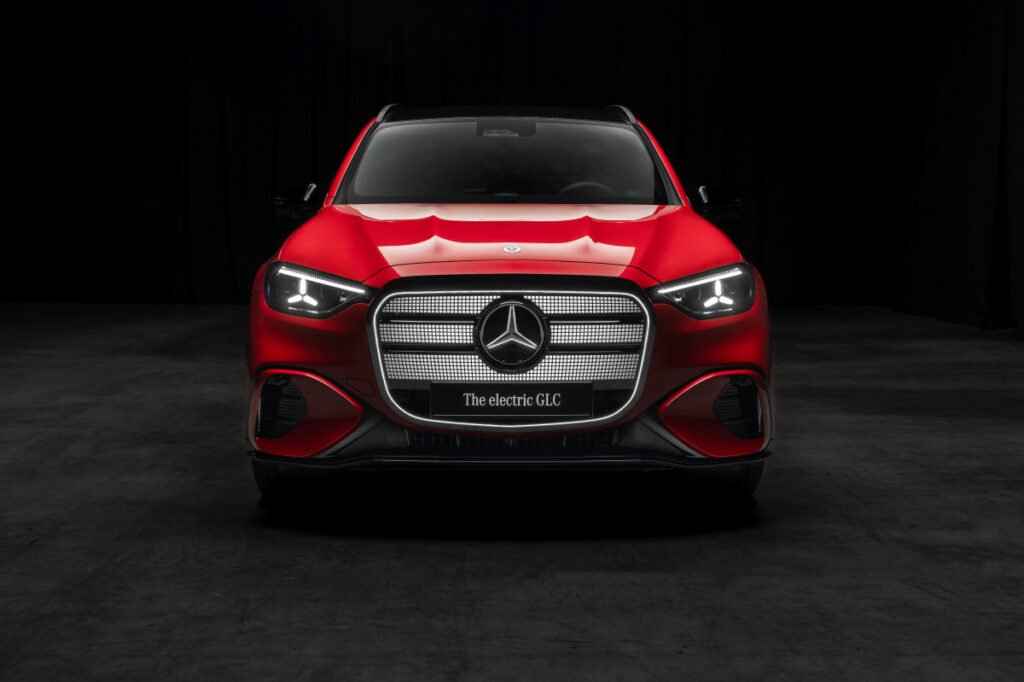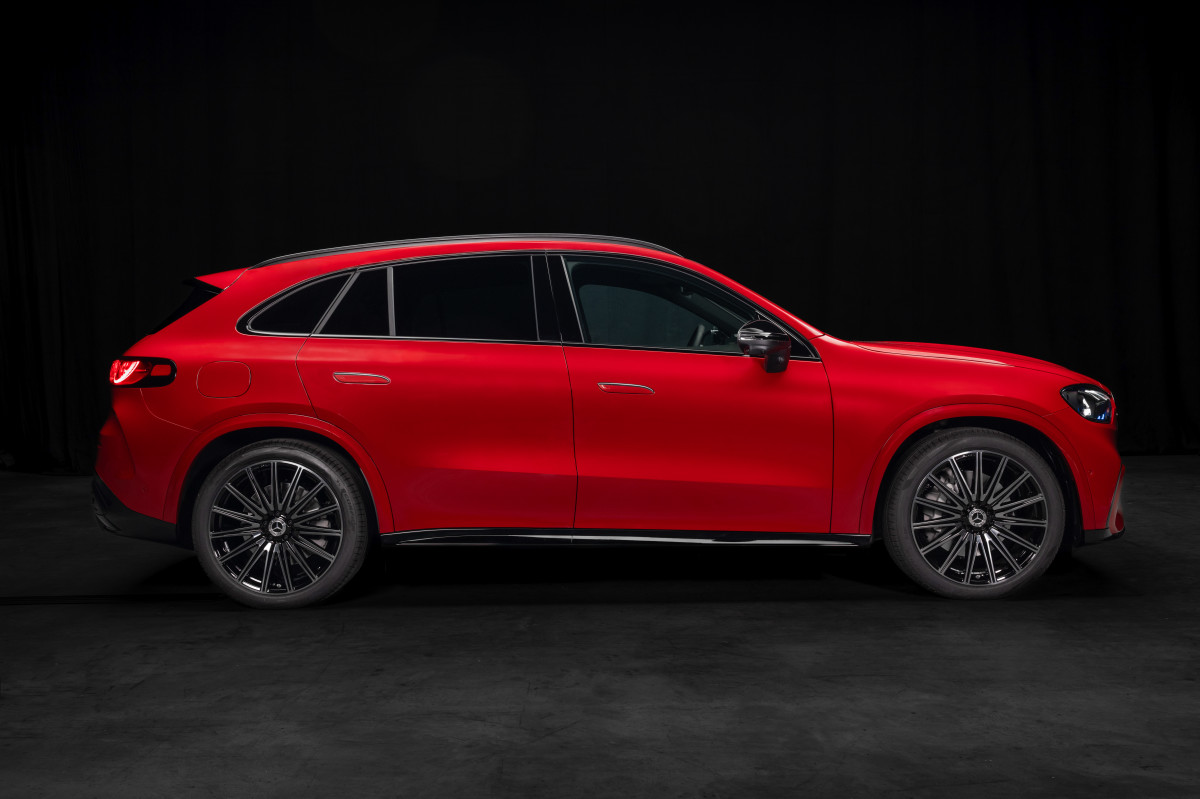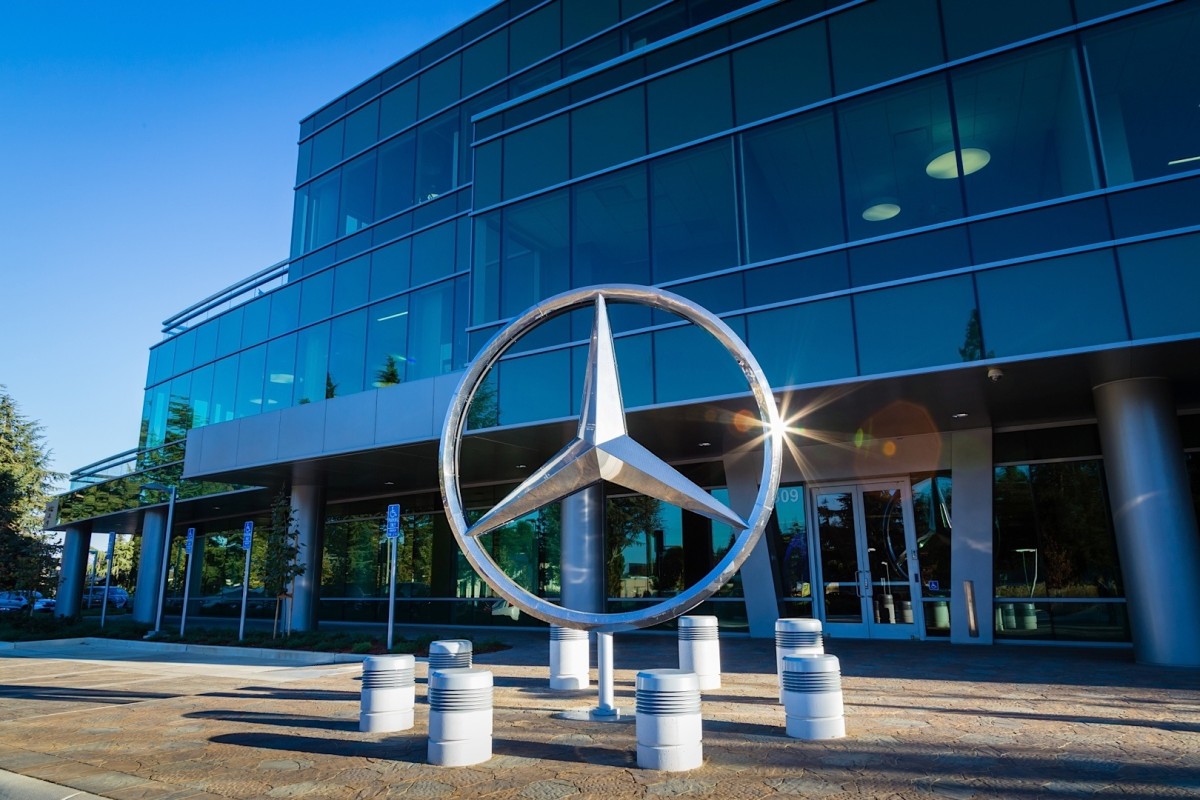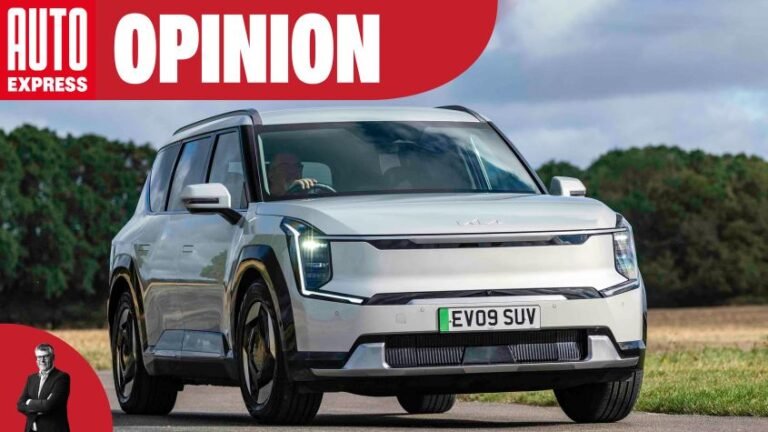
- Mercedes has a new plan to reduce carbon emissions in its parts
- However, its messaging is weakened by its stance on internal combustion engines
- Mercedes’ CEO has lobbied against the EU’s 2035 ban
This week, Mercedes-Benz announced it was the “first automotive company to join the ‘Renewable Carbon Initiative’ (RCI).” The company’s press release called it a “pioneering step towards fossil-free vehicle components.” Mercedes highlighted its commitment to responsible resource use, even as its CEO says the auto market will “collapse” if the European Union goes through with its proposed 2035 ban on the sale of combustion engines.
Mercedes’ Climate Message Is Weakened By Its Stance On A Combustion Ban

“Joining the ‘Renewable Carbon Initiative’ is an important step in driving the transition to renewable carbon sources and working with strong partners to develop innovative, fossil-free solutions,” says Dr. Ulf Zillig, Vice President Group Research, Sustainability and RD Functions, Mercedes-Benz. “We need a reality check. Otherwise we are heading at full speed against a wall,” Mercedes CEO Ola Kaellenius told the Handelsblatt via Reutersin reference to the 2035 ban, adding that Europe’s automobile market may “collapse” if it goes ahead.
While the company’s new plan to reduce carbon emissions in its parts is important, the brand’s stance on other important climate remedies dilutes its message. Kaellenius’ message to Handelblatt shows that the company will only decarbonise to a point: “Of course, we have to decarbonise, but it has to be done in a technology-neutral way. We must not lose sight of our economy.” Instead, the CEO insists Mercedes and other companies he represents under the European auto lobby ACEA must be allowed to sell gasoline-powered cars. Alternatively, Kaellenius advocates for tax incentives and cheaper charging prices to spur on EV adoption.
This is, however, in direct contrast to Mercedes’ proposed aim to reduce its carbon footprint and the path to improving our environment. Paris banned cars in its city center, and the city saw a dramatic reduction in air pollution, resulting in cleaner air for its residents.
A Small But Important Step

While Mercedes’ messaging on climate politics presents some contrasts, its effort to reduce carbon emissions within its supply chain deserves recognition. The new initiative seeks to “completely replace fossil-carbon sources with renewable alternatives derived from biomass, CO₂ utilization, and recycling.” Mercedes is one of several companies that have signed up, including Michelin and Continental. The automaker says it is exploring carbon capture and utilization for plastics used in its cars, as well as bio-based carbon sources for parts. Currently, the company is planning pilot projects for 2026.
